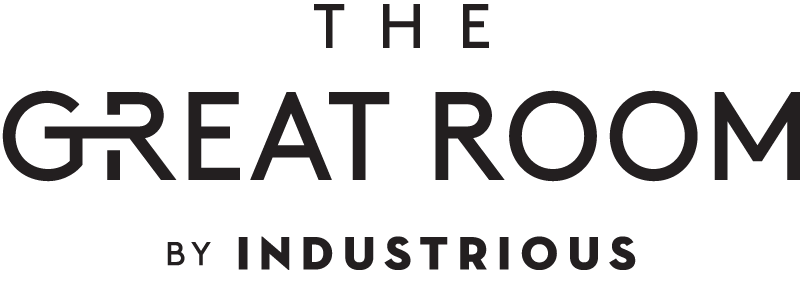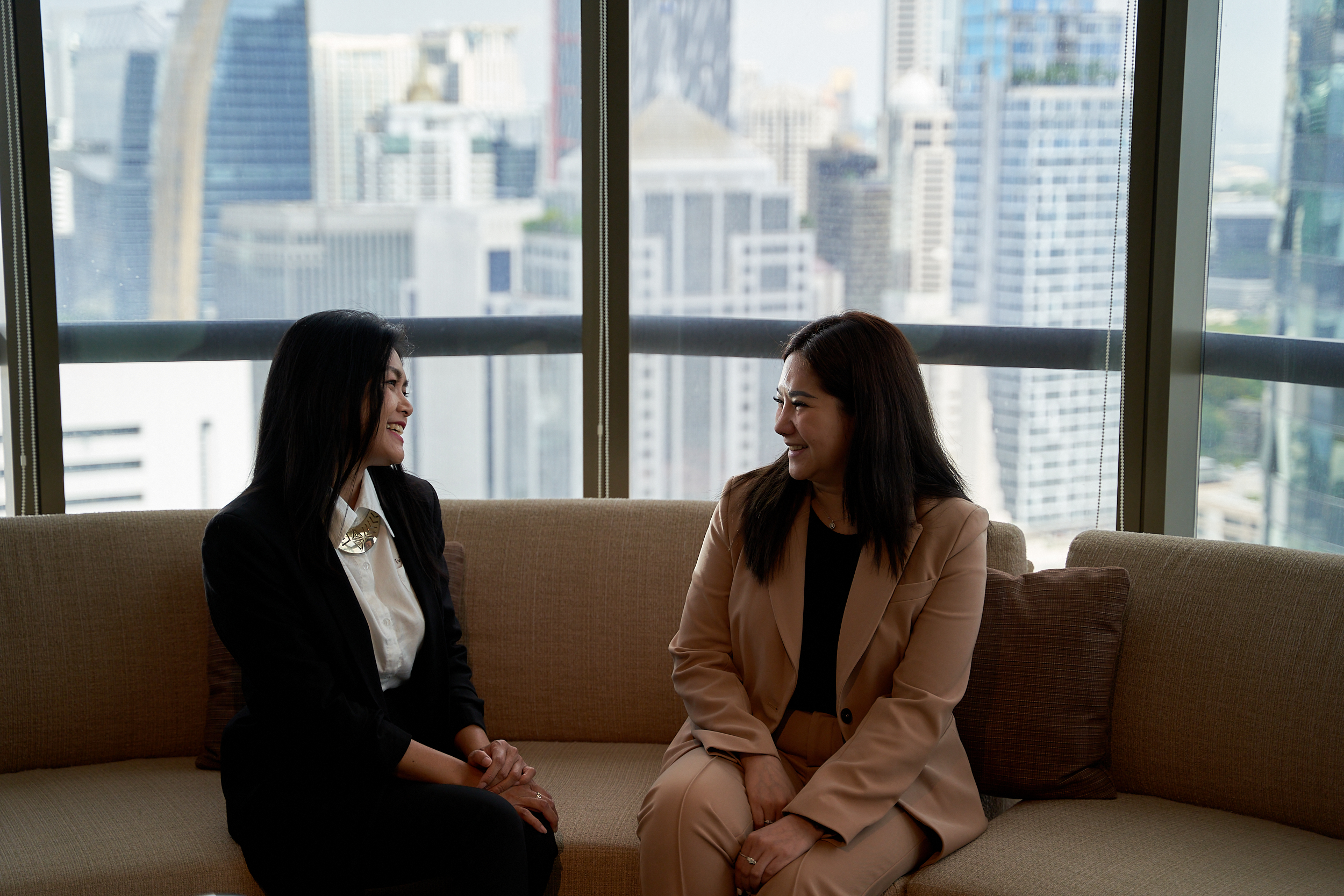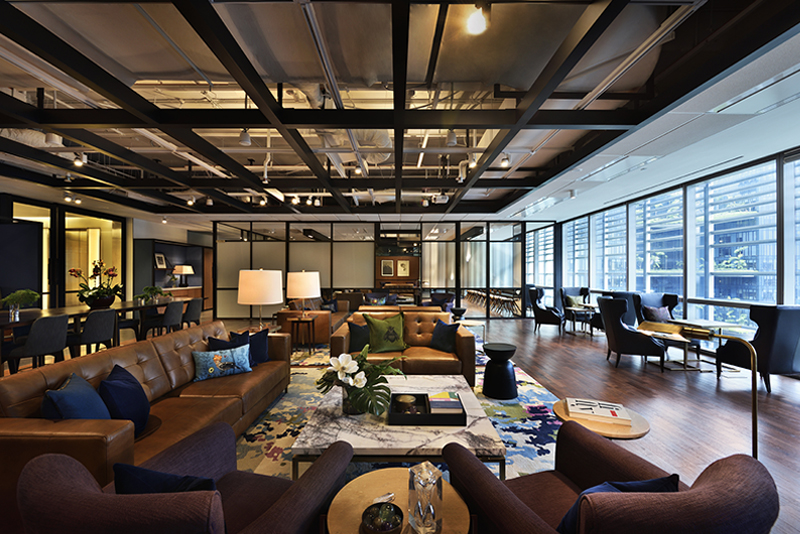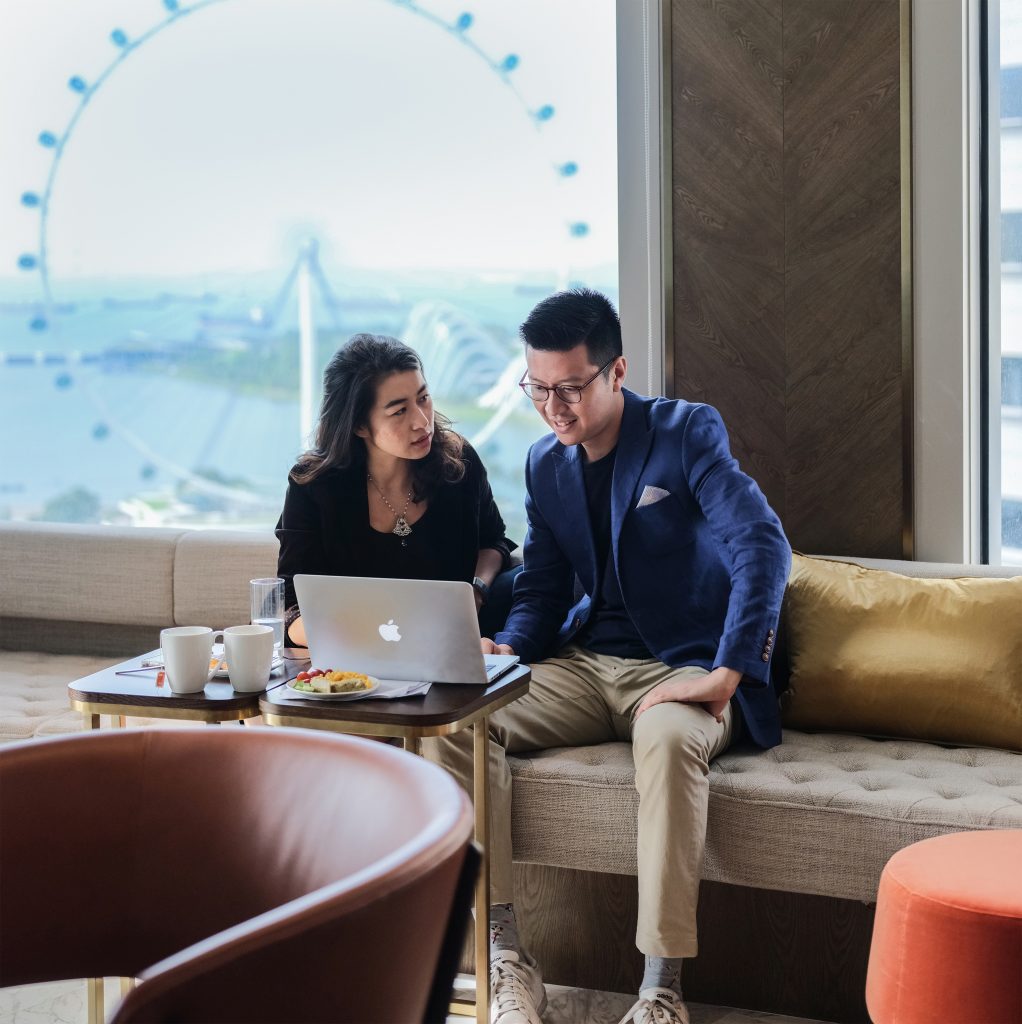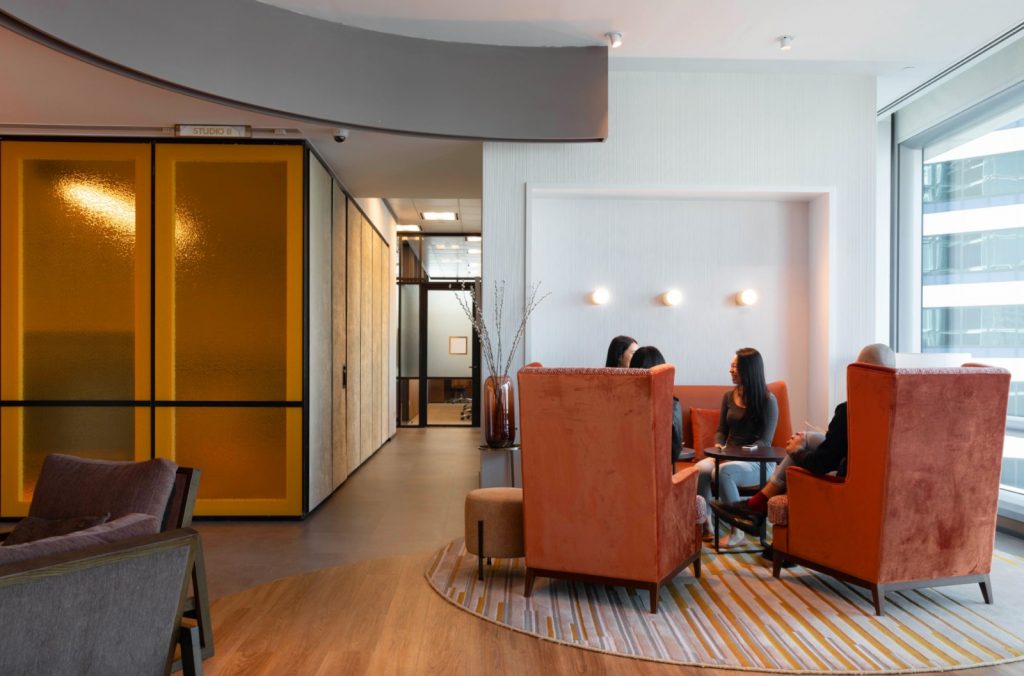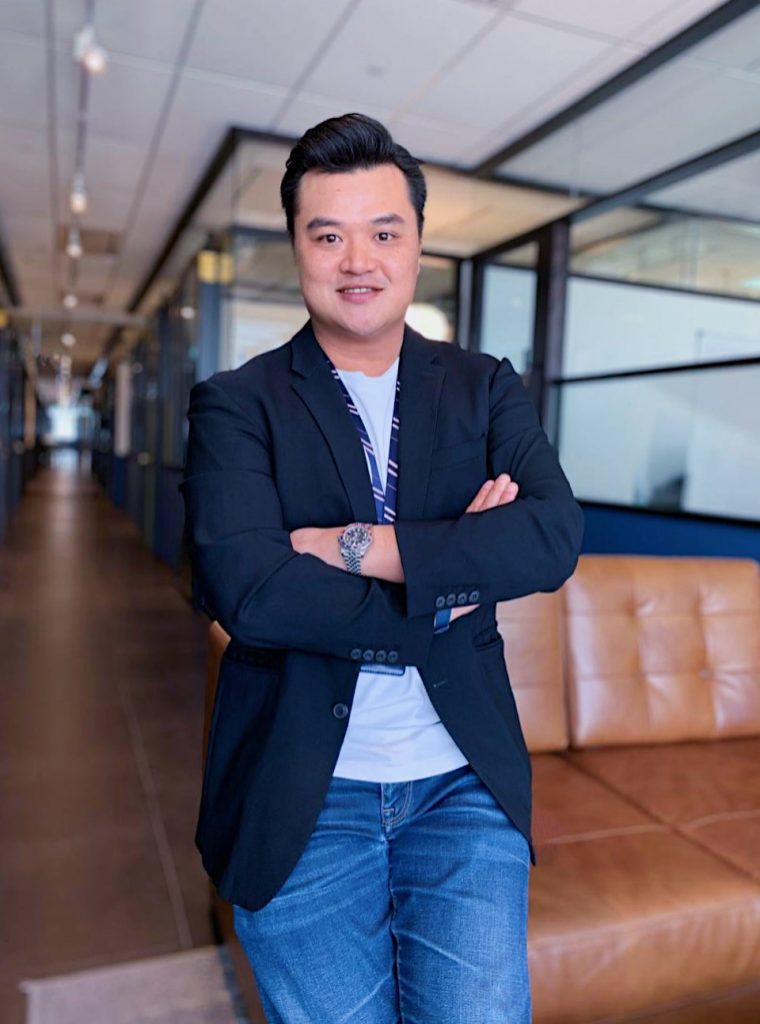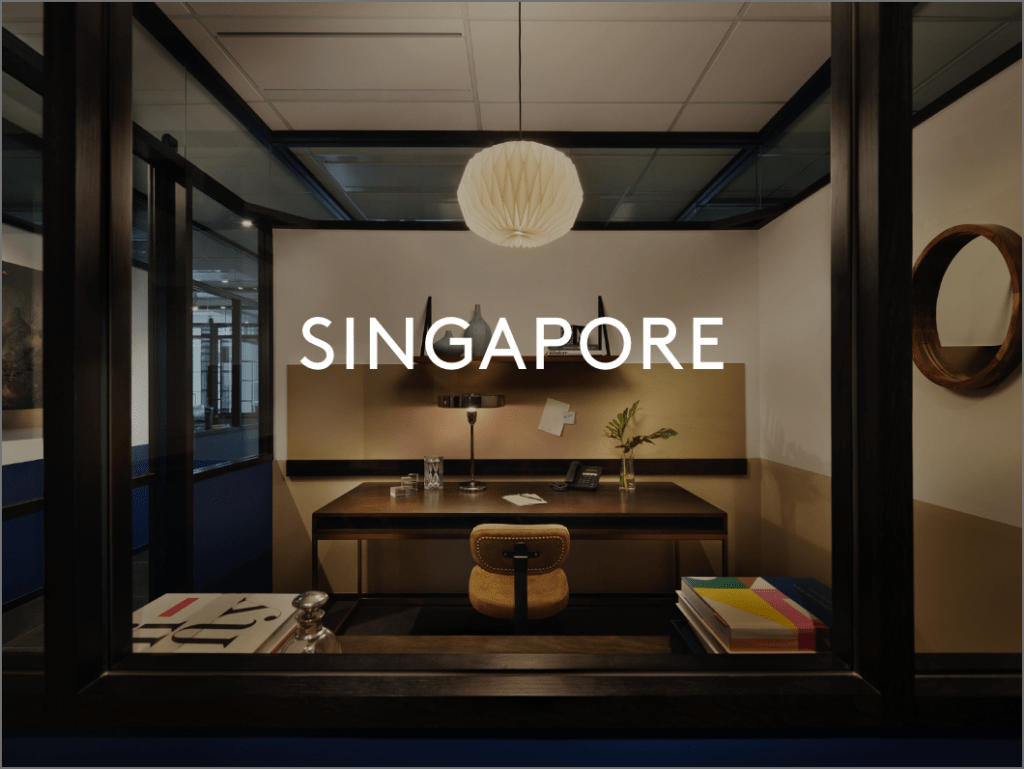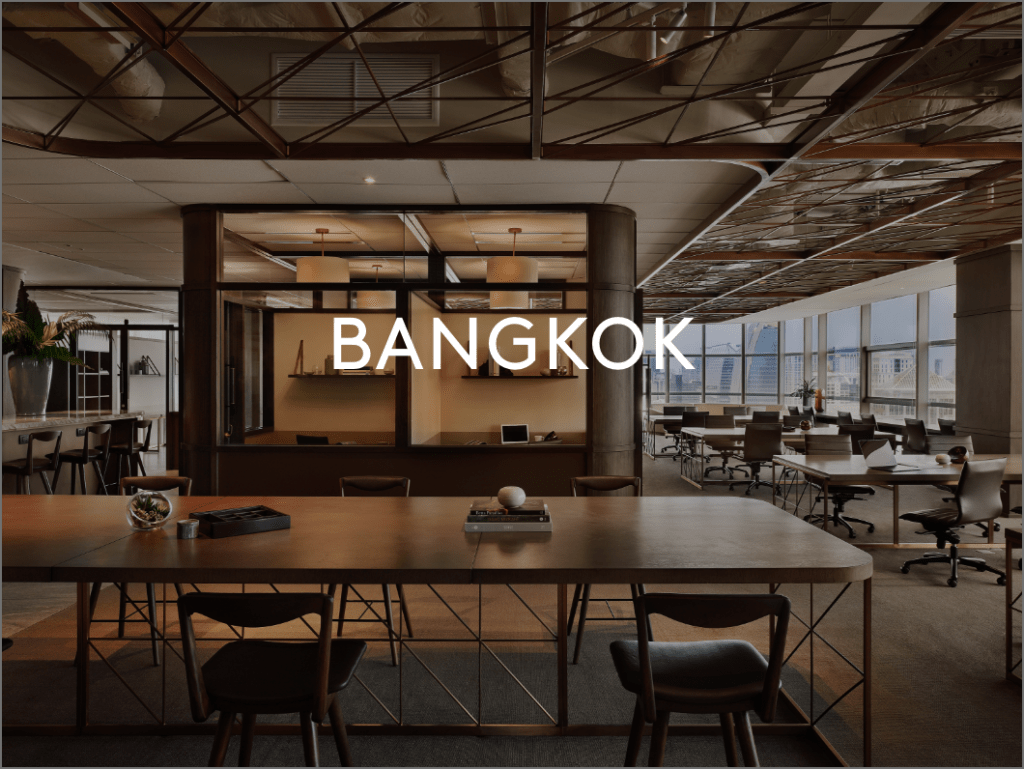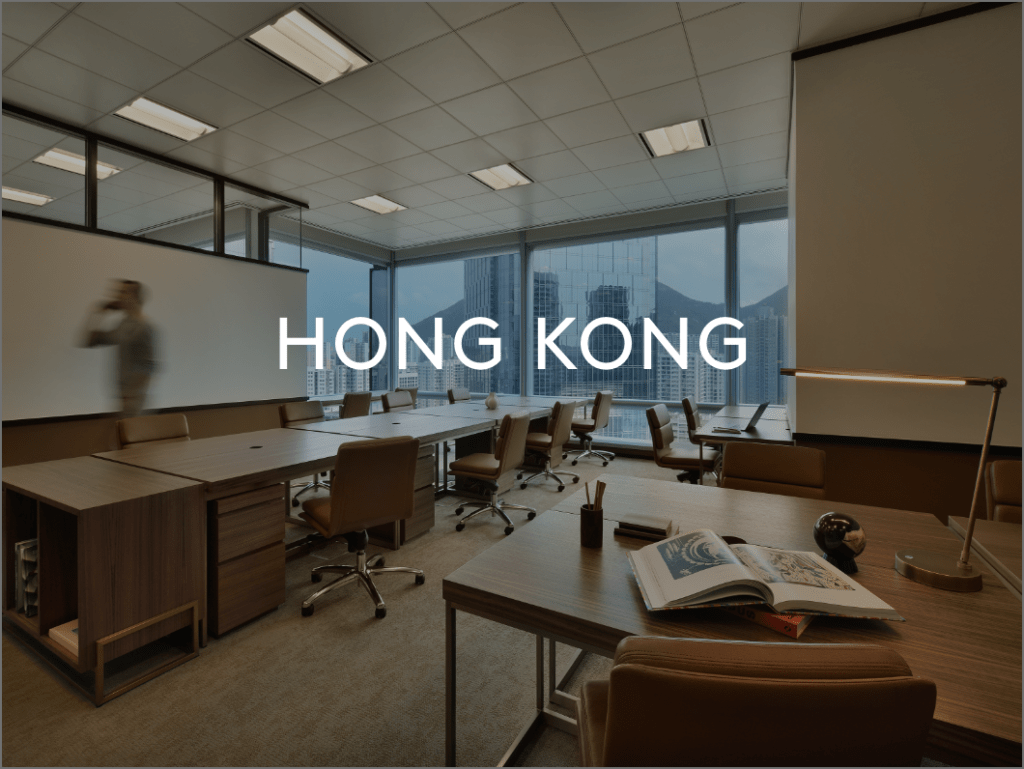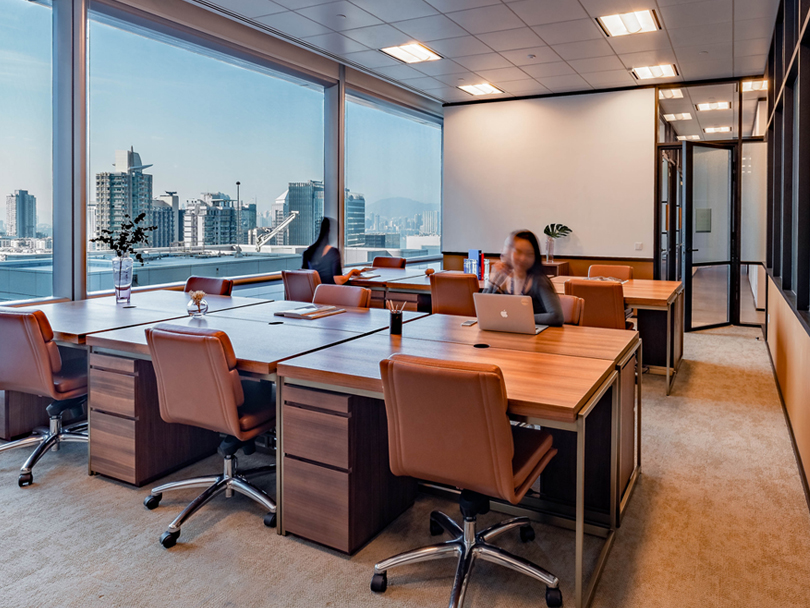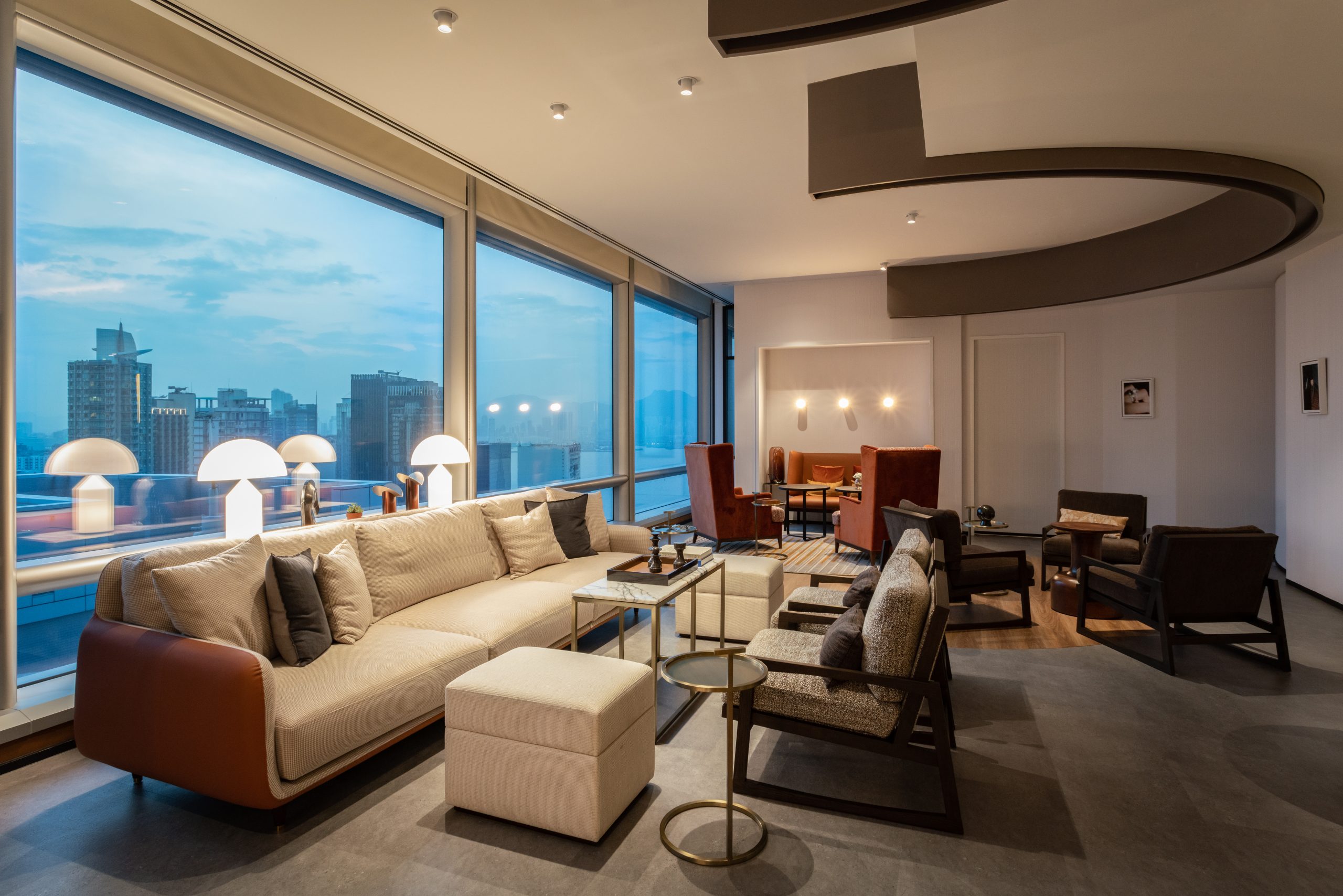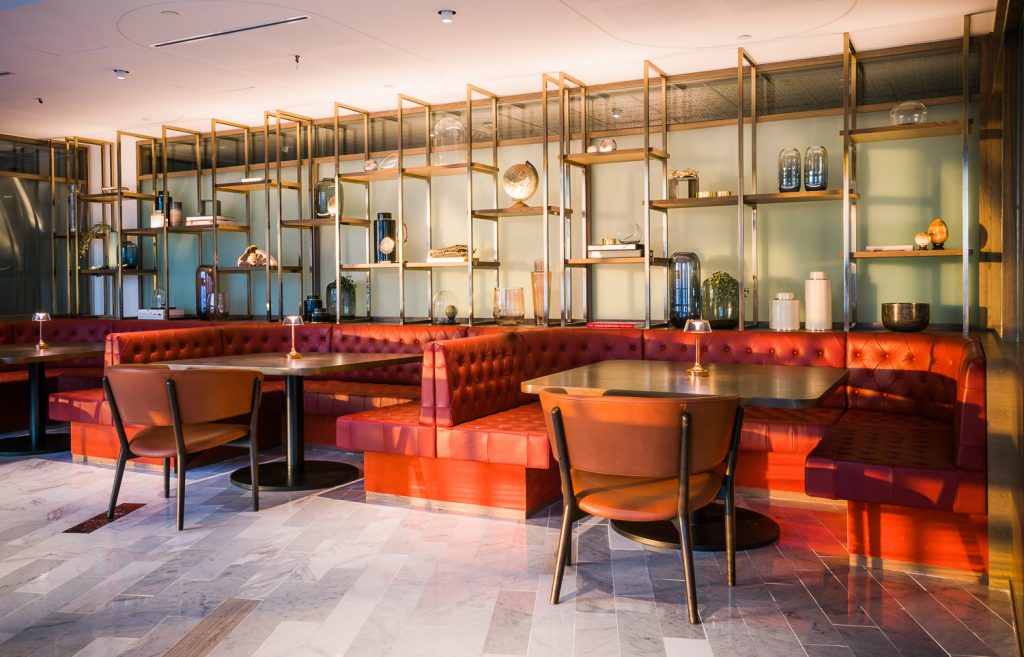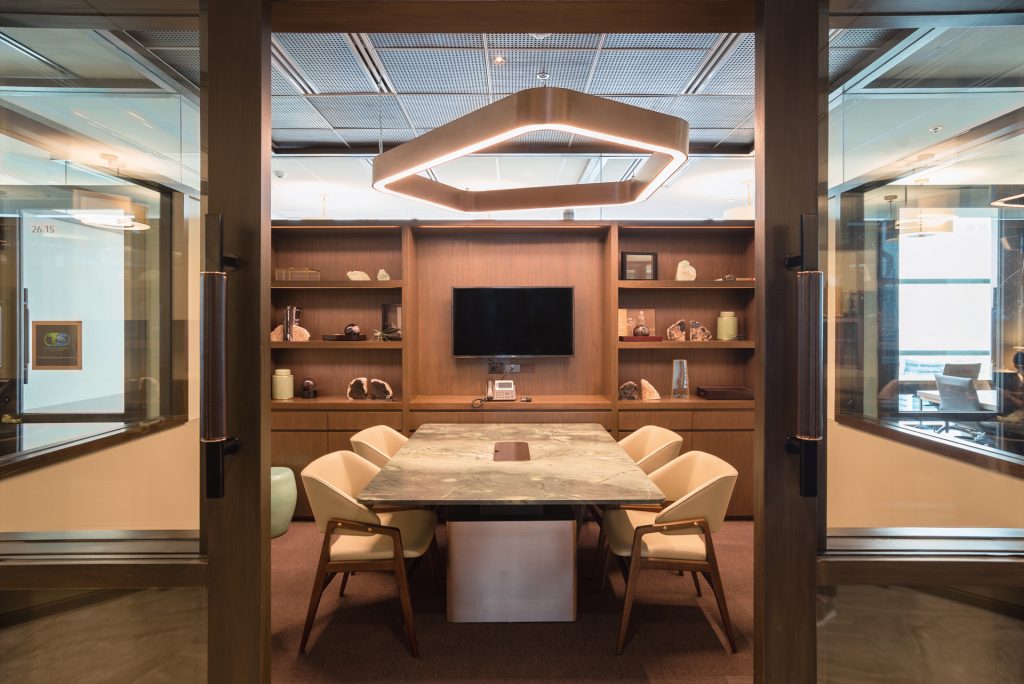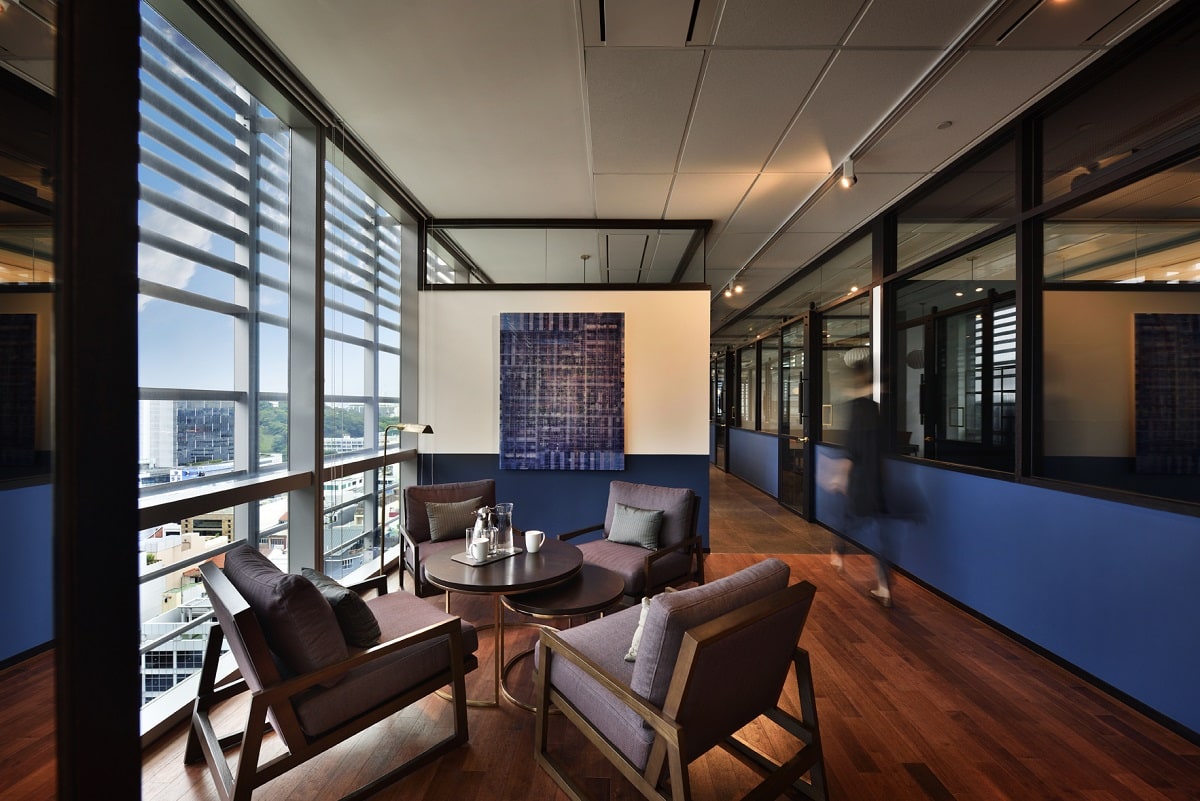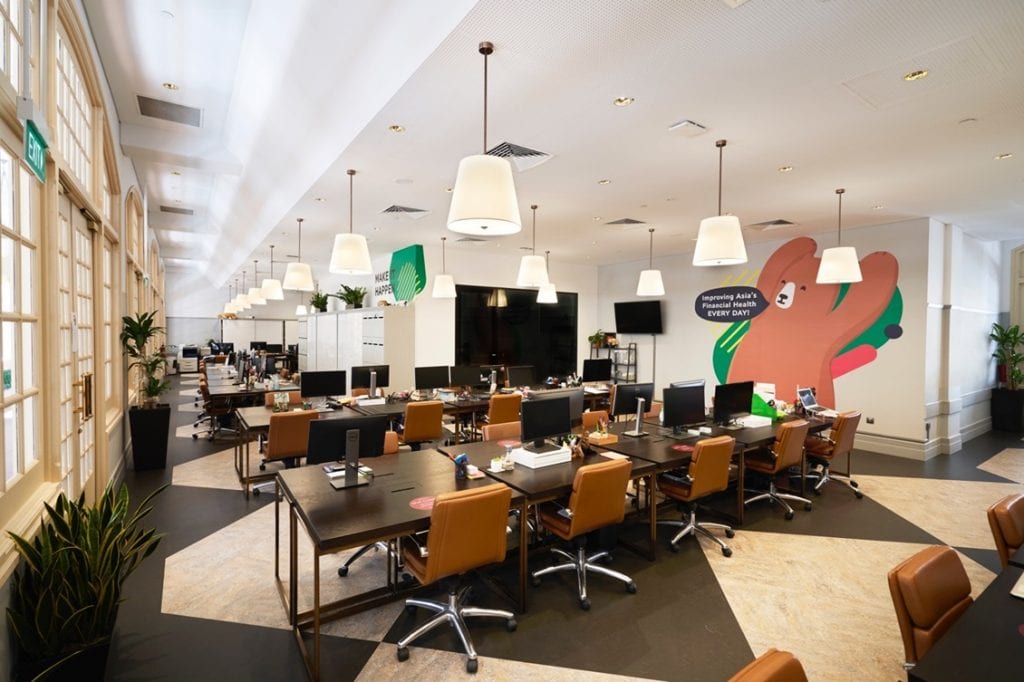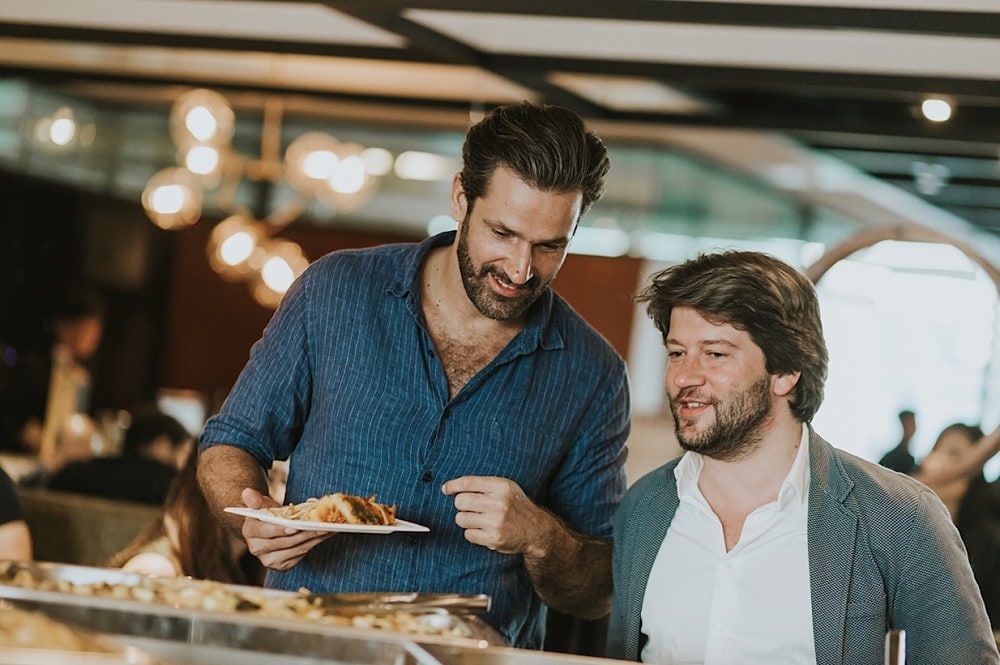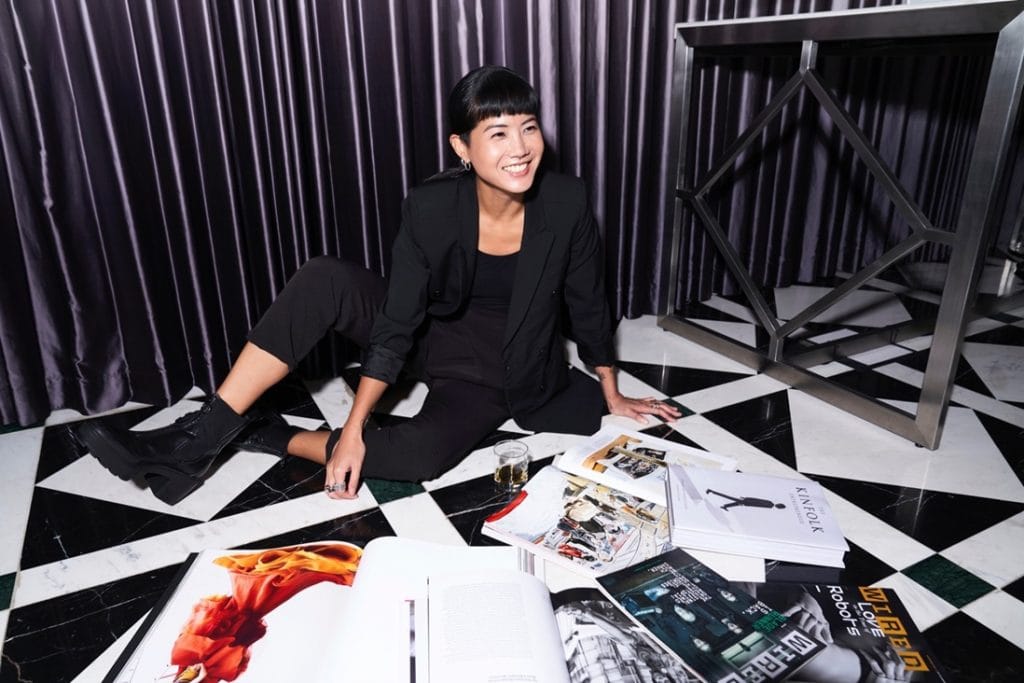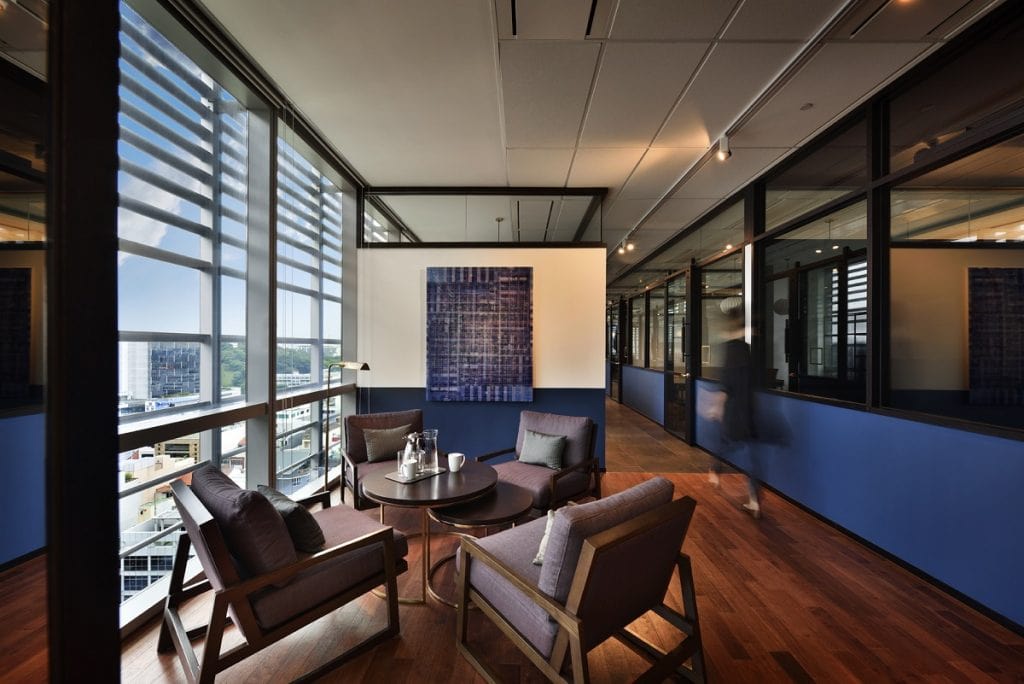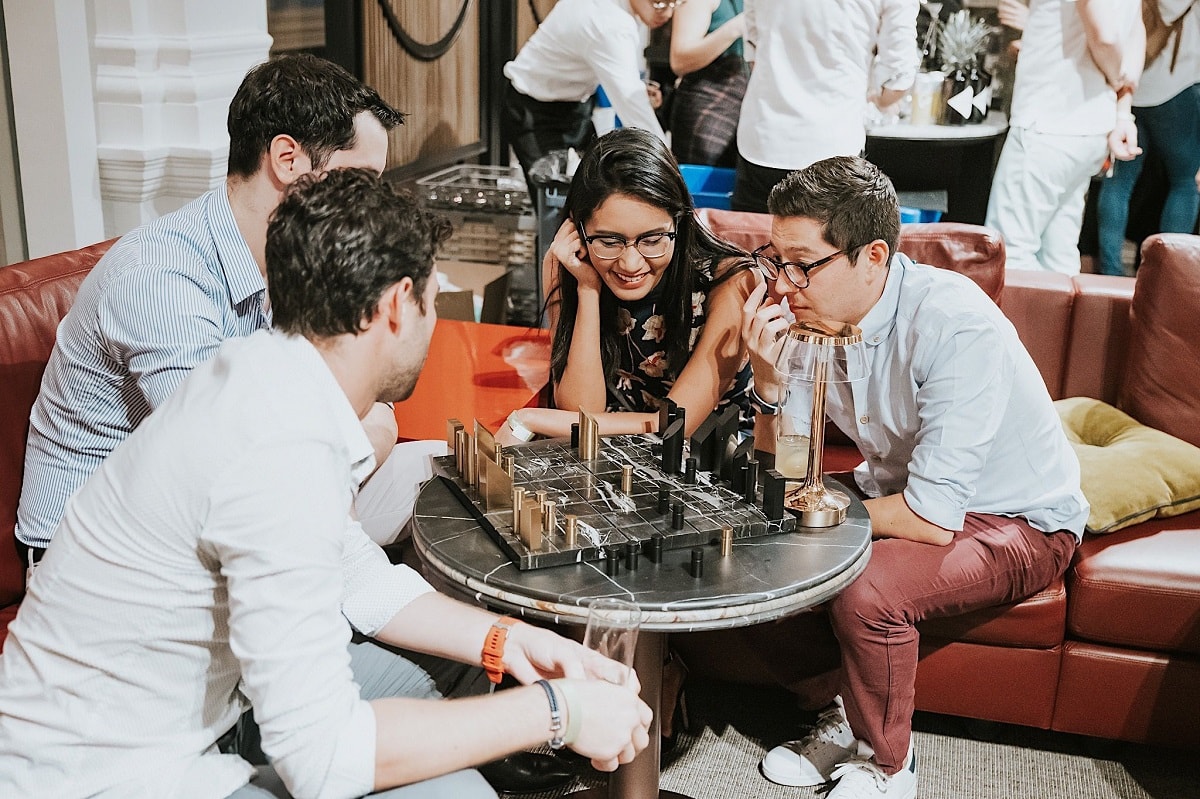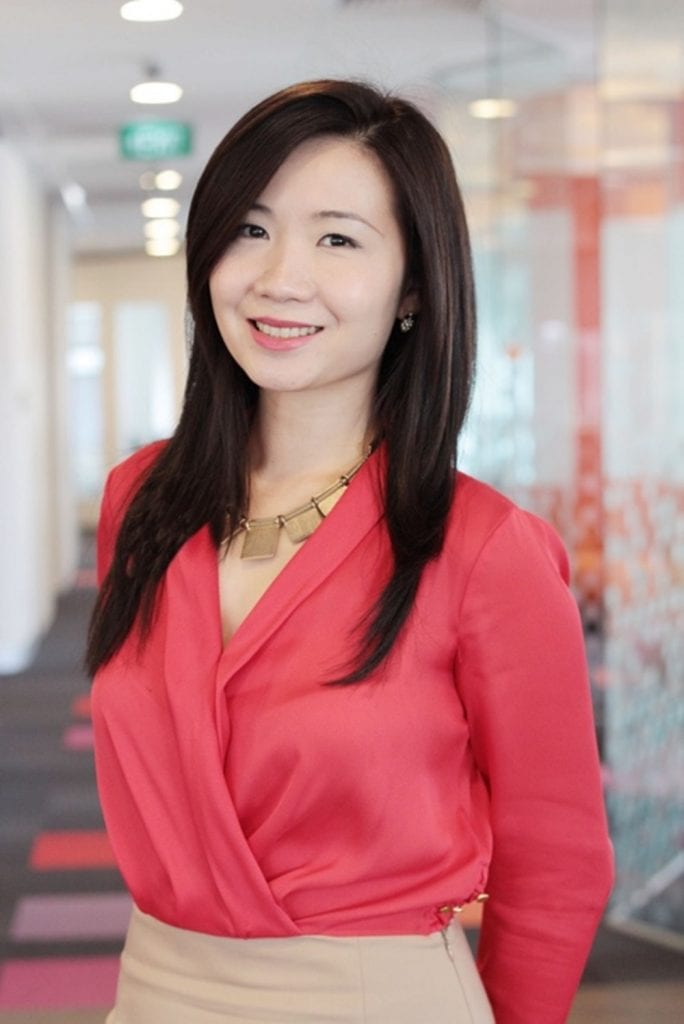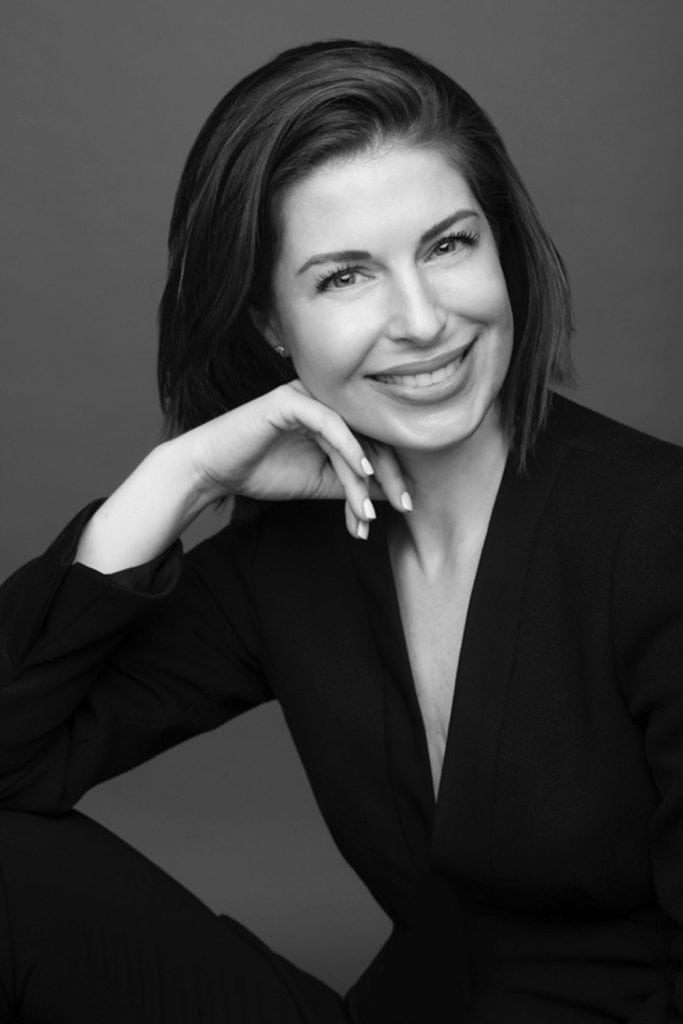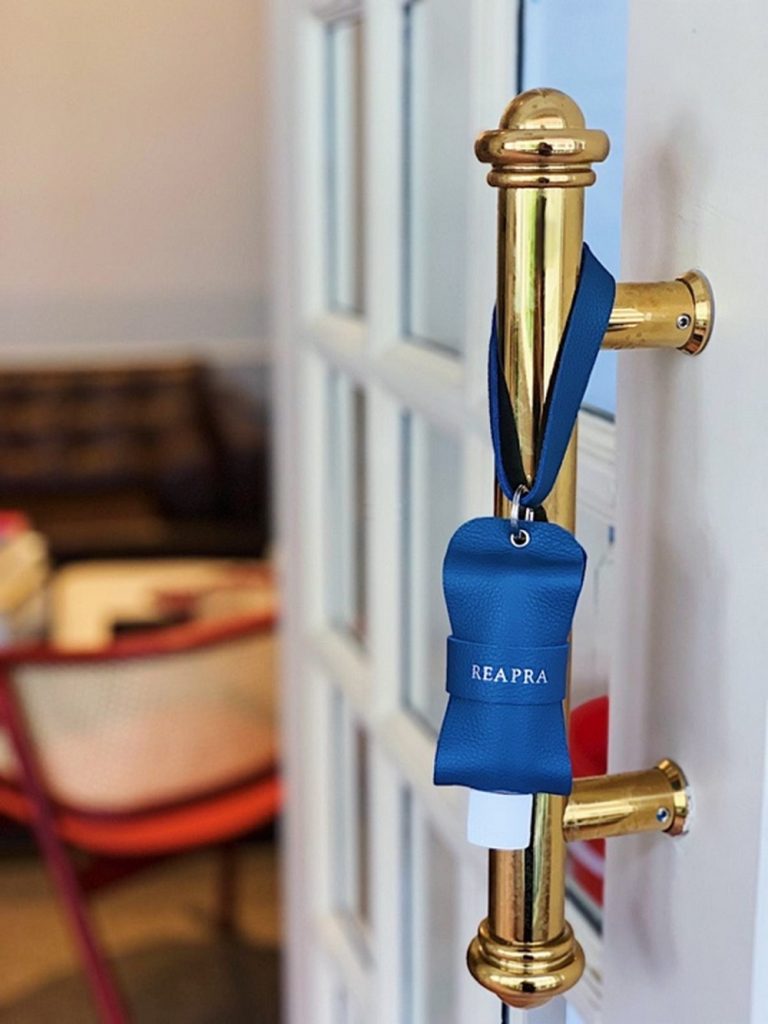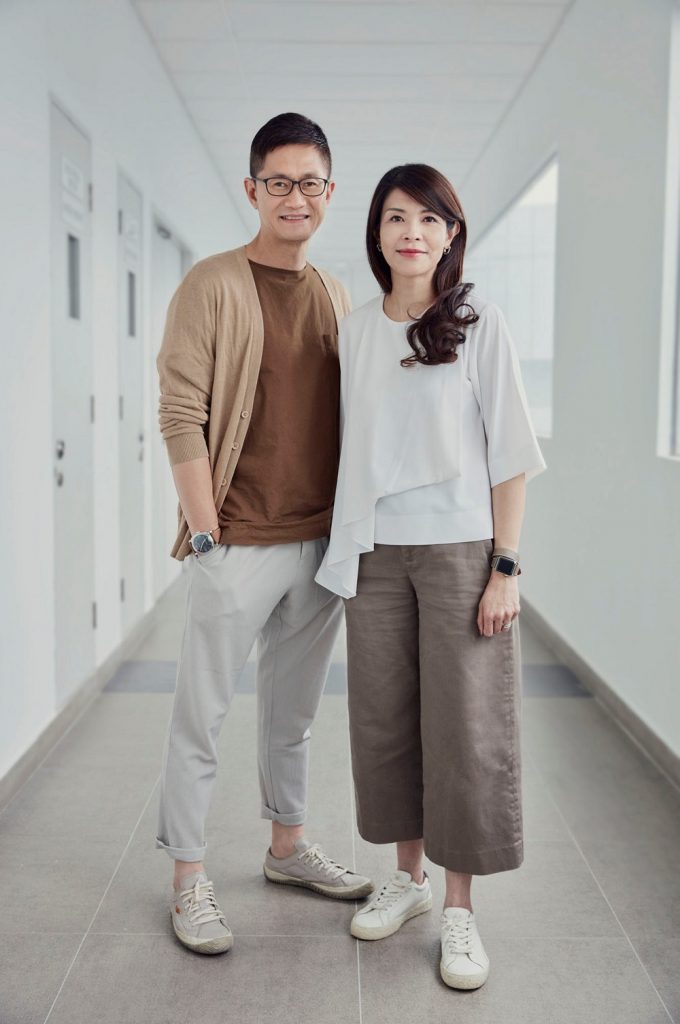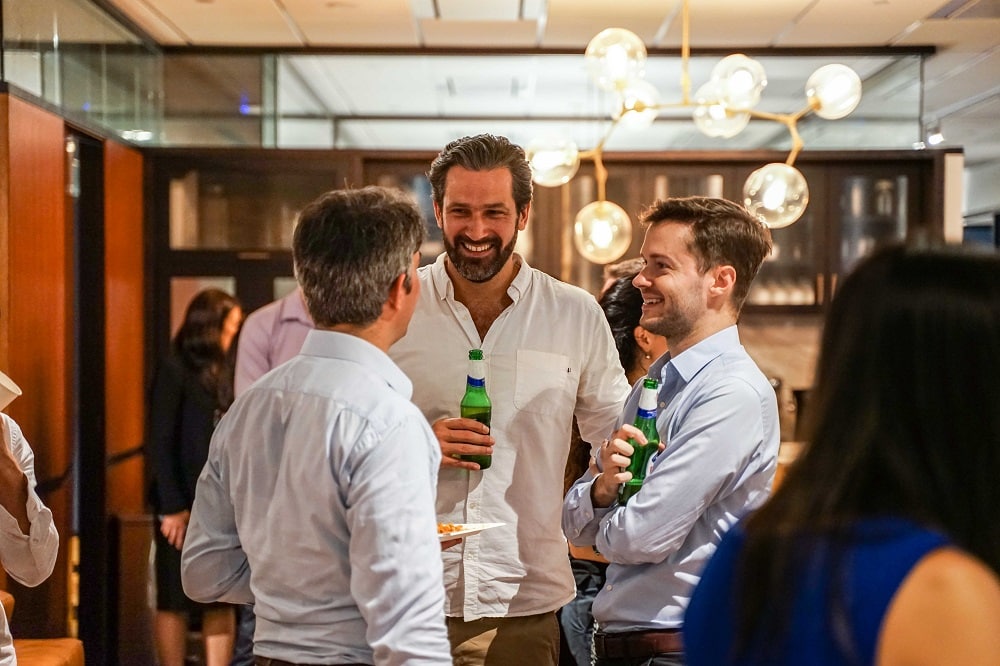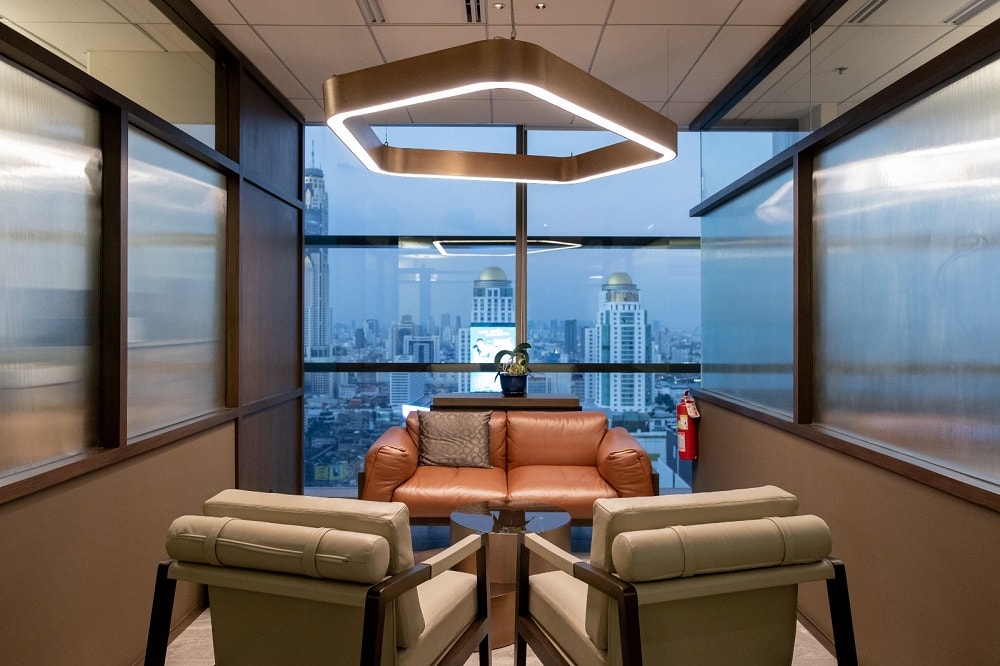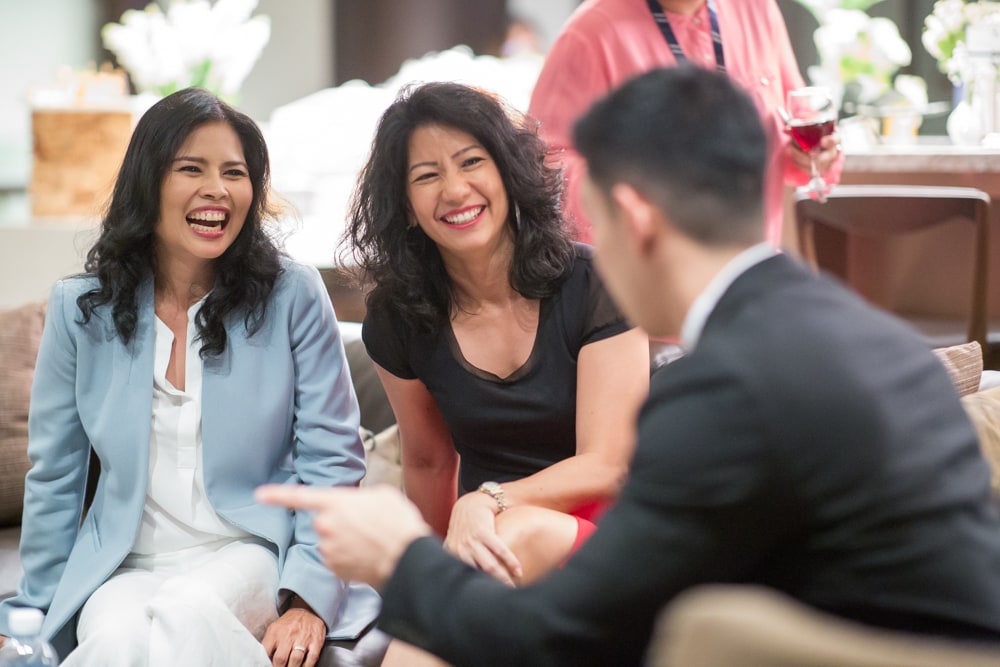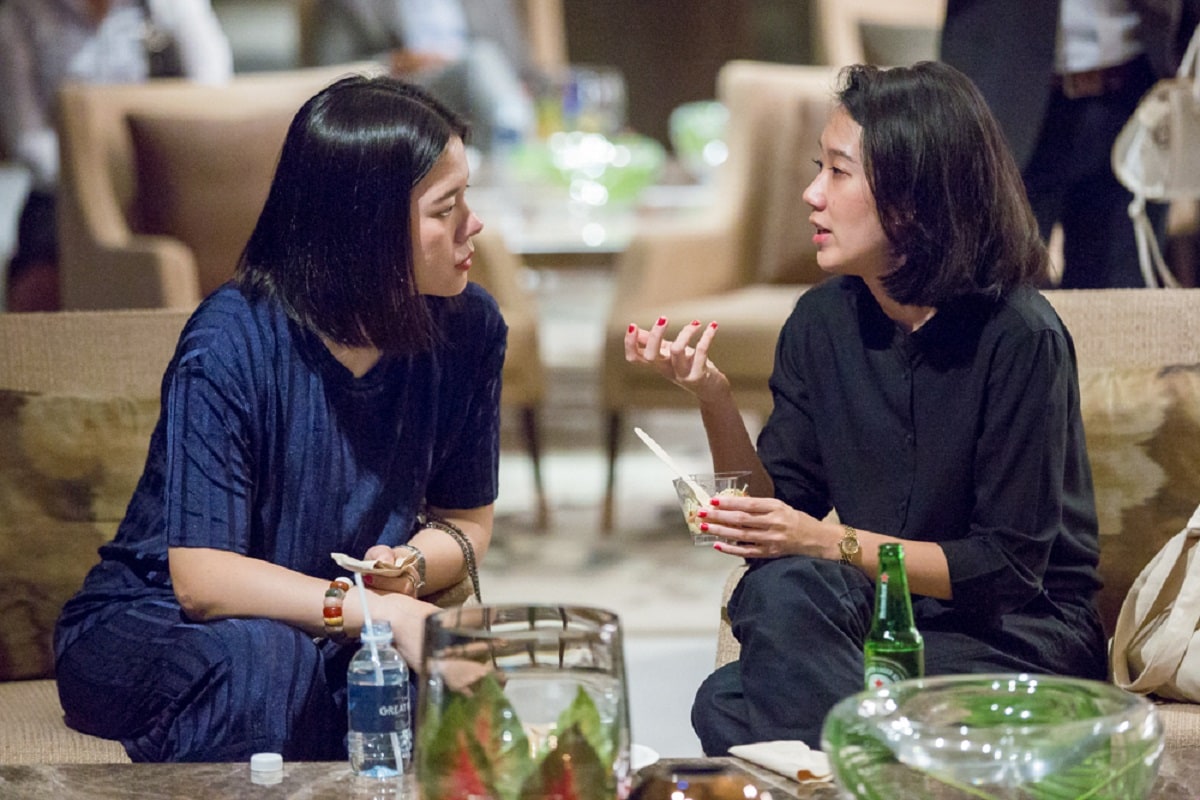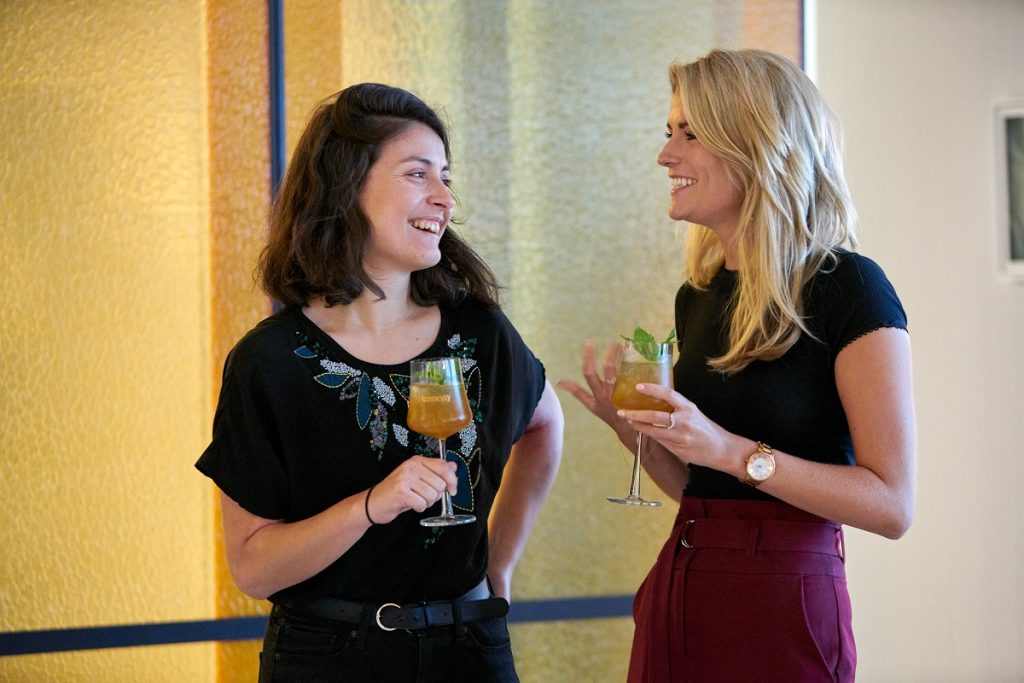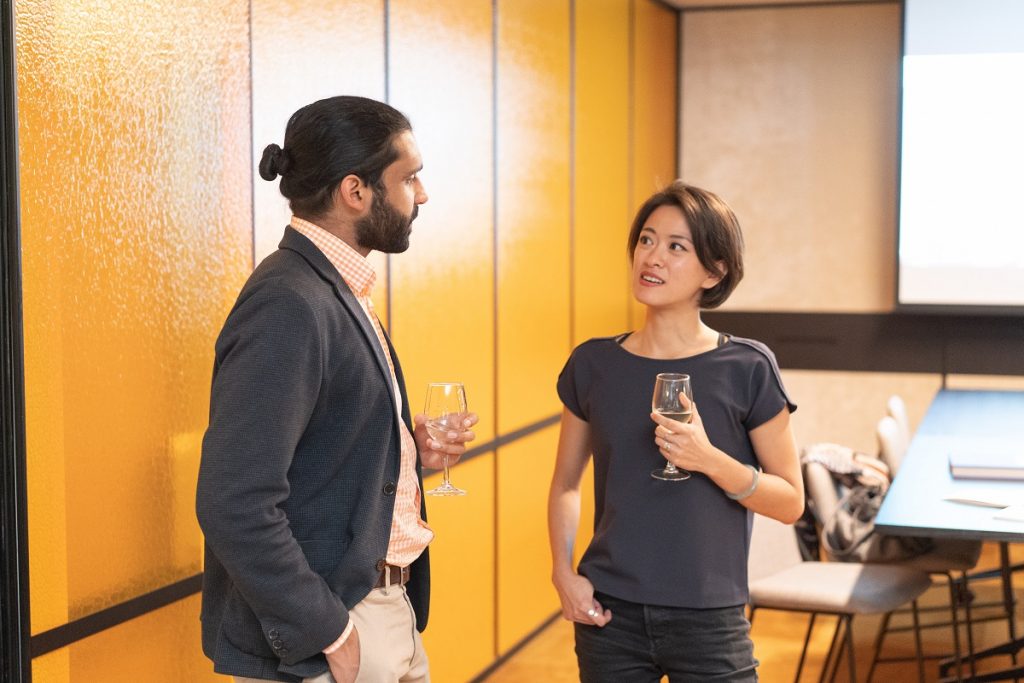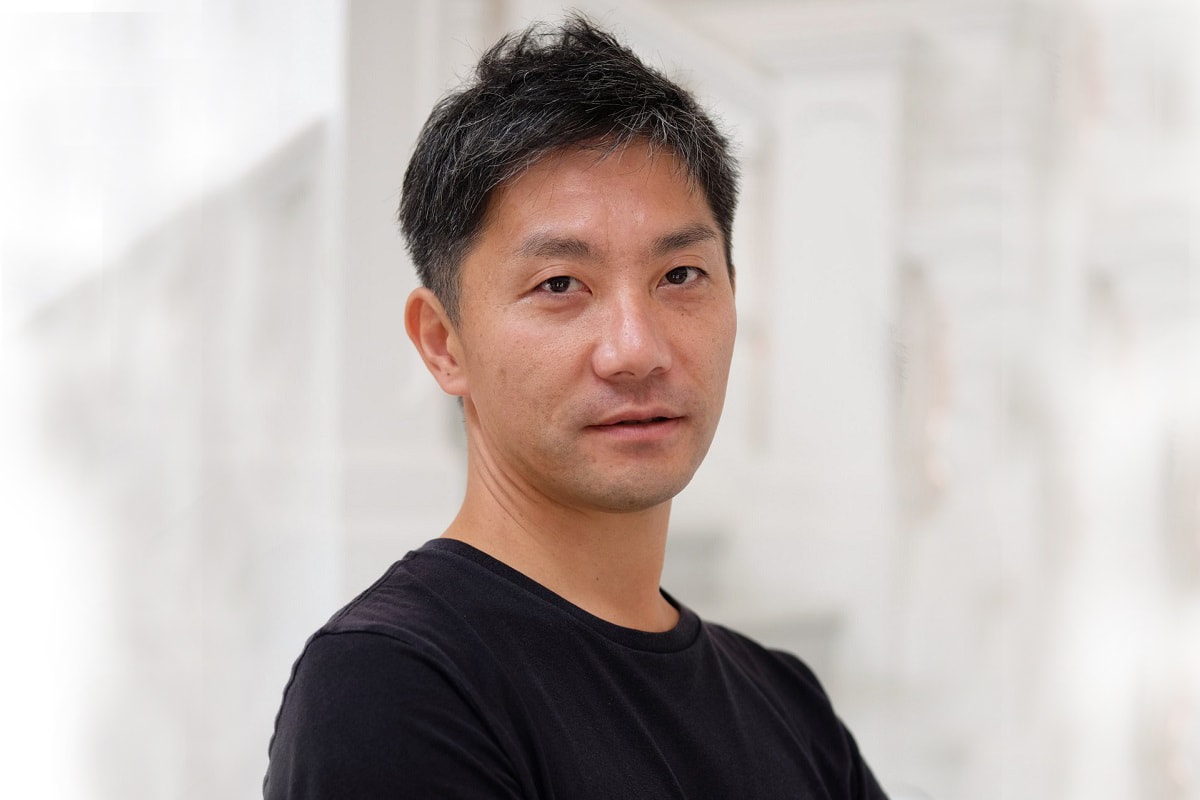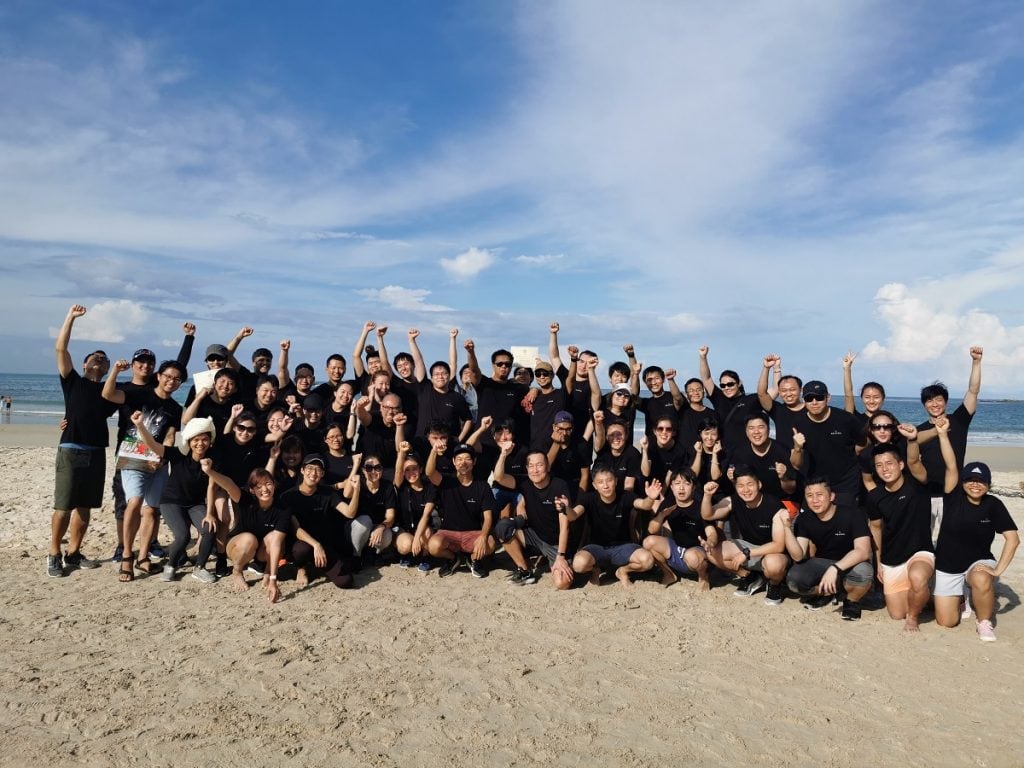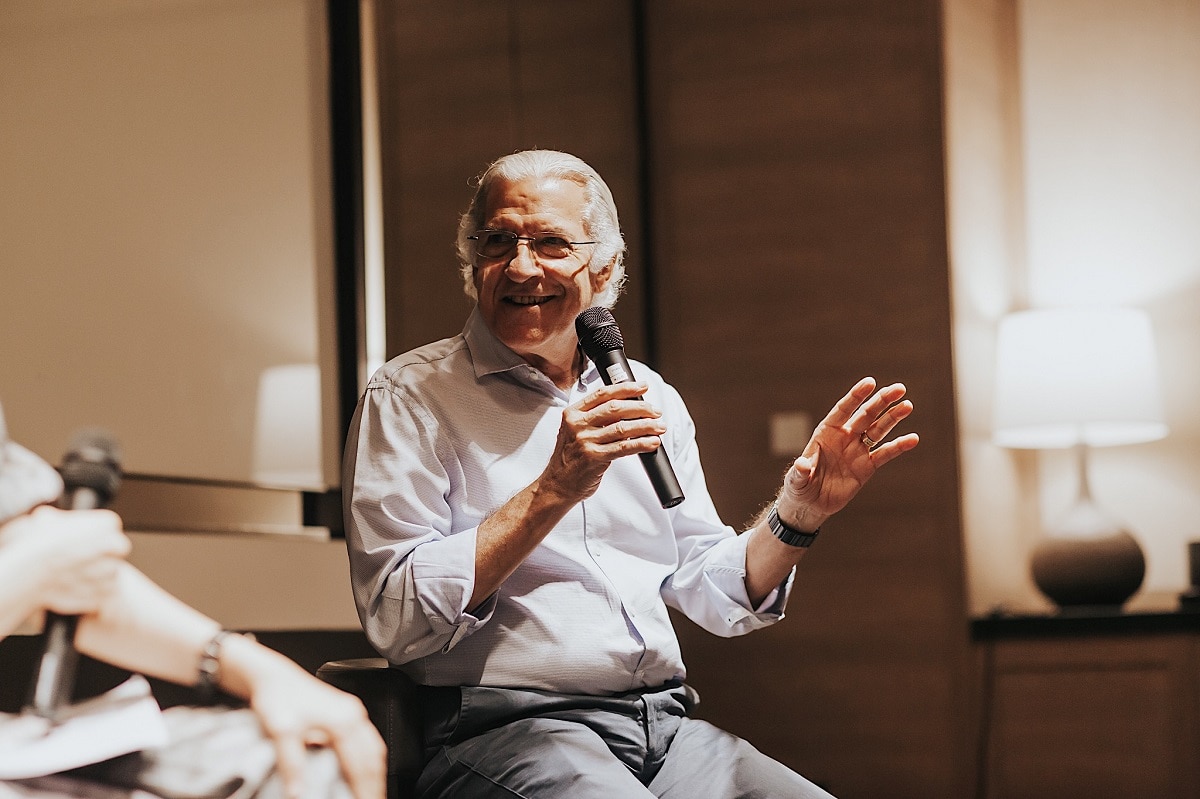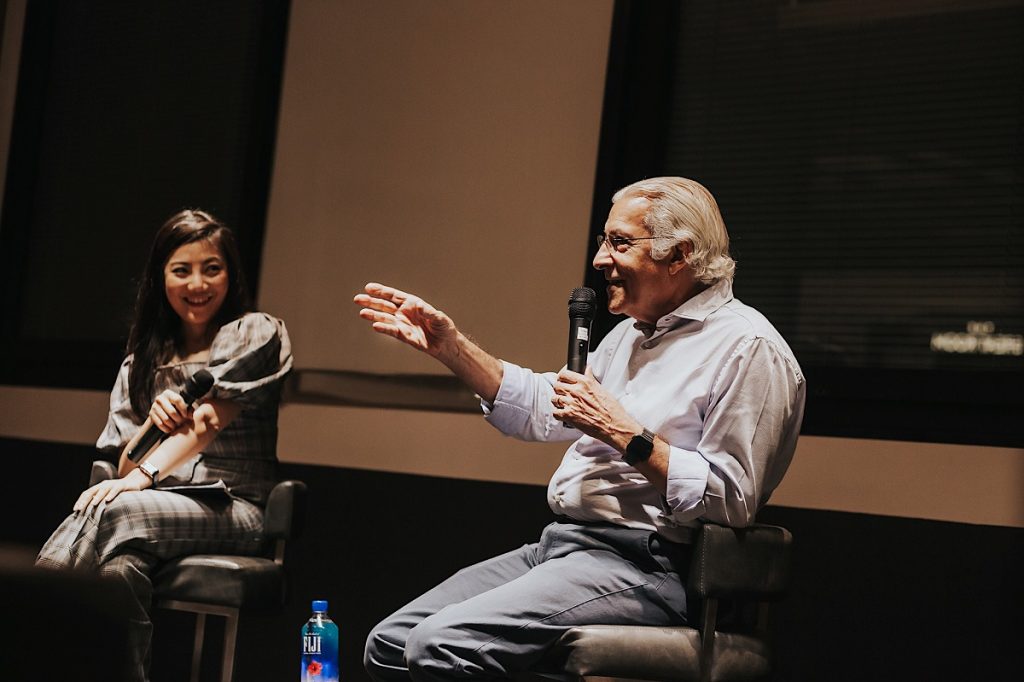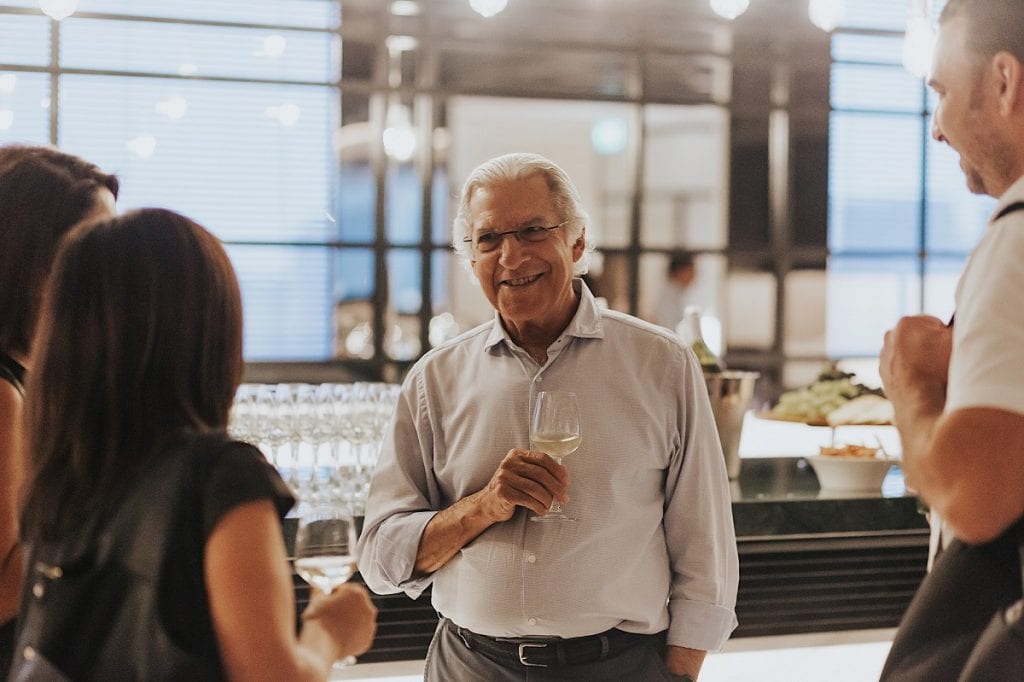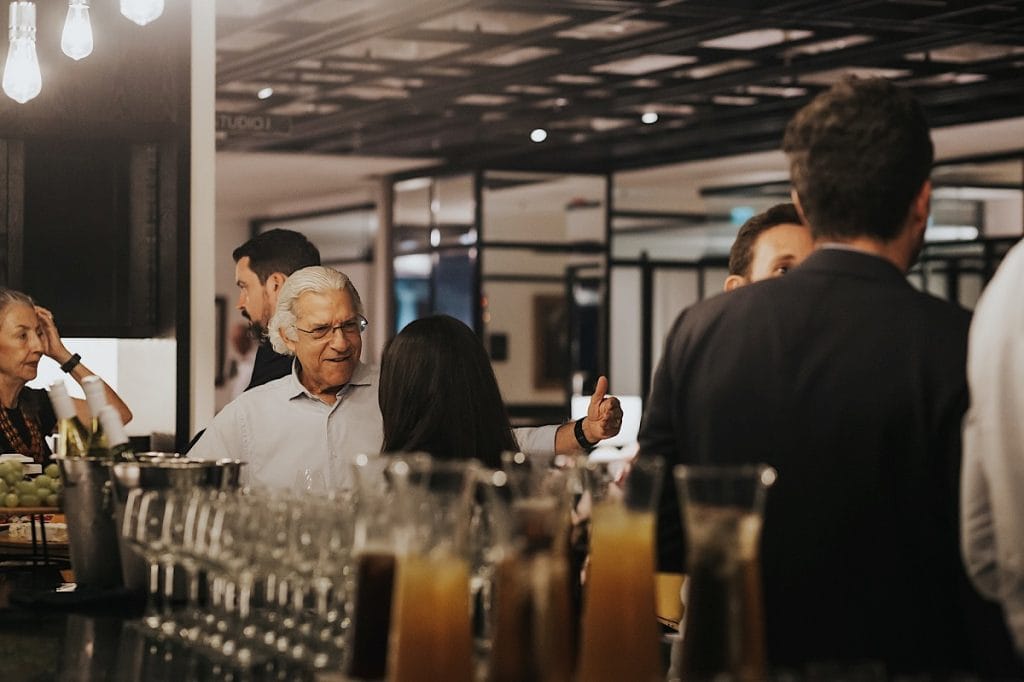Movers and shakers from the networking platform Women in Law weigh in on the power of effective personal branding.
What is personal branding and why does it matter? There are several questions and factors to consider when defining your brand, specifically for what it means for the modern working woman.
In a recent fireside chat at The Great Room, female leaders and Members of Women in Law came together to discuss how to build your personal brand with authenticity and grit. Women in Law is a registered Lean In Circle, giving women in legal and related industries a chance to come together, receive peer mentorship and support, and “be unapologetically ambitious.”
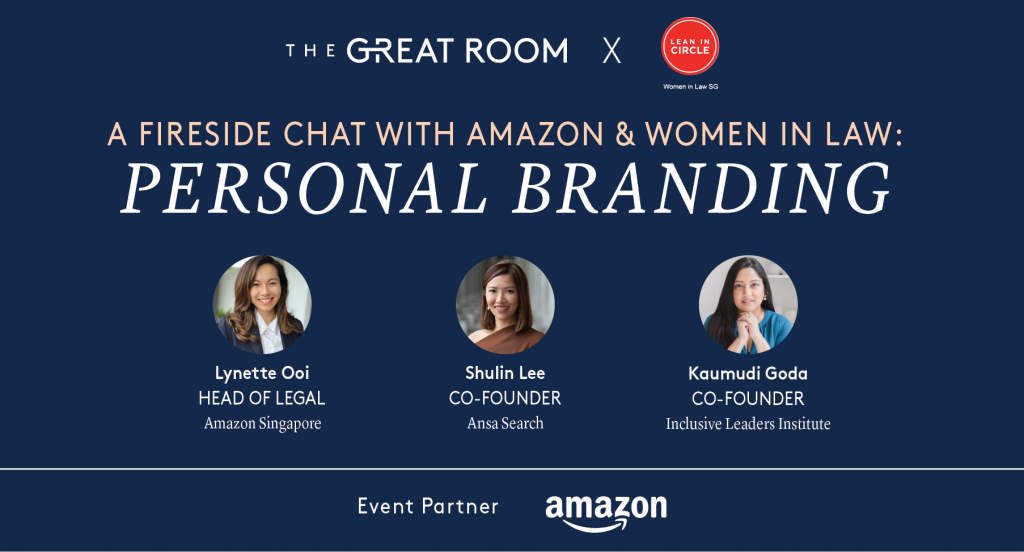
Here’s a round-up of their advice.
Find a MISSION or purpose
First, you need a mission or a purpose, says Ooi. “It’s really very internal. Whom do you want to be? What impact do you want to create? What difference do you want to make in the world?”
You can use a purpose statement to solidify your mission in your own mind, and for the world. A purpose statement can help you define your reason for being, and your goals in life and at work. It should be short and concise, from one to three sentences long, explaining your ‘why’, whom you hope to serve (your audience), and how.
For Lee, it’s powerful because “it doesn’t just tell you what’s important to you. It also tells you what’s not important to you, and what’s less important to you. I’ve deliberately designed my purpose statement so that the first sentence is to be a devoted spouse, to be a nurturing mother, to be a caring leader, and a dependable friend. The order is very deliberate. So the most non-negotiable thing in my week is date night with my husband.”
Adds Lee, “The second most non-negotiable thing is to set aside time with my kids. And, for everything I say yes to, I make sure I say no to at least two other things. That’s what keeps me sane, because I know that, even when I’m hectic, I’m doing things that resonate with my purpose and that keeps my energy up.”
be coherent and consistent
For Shulin Lee, personal branding is about “putting ourselves out there consistently and sending a very clear, coherent message about what we do, what we stand for and how we can add value.”
Your image has to align with your purpose, says Ooi. “Does what you say and do align with the image you’re projecting? When people see that resonance between what you’re projecting and what you say your purpose is, they start to believe you and you start to believe yourself.”
Take, for example, Marie Condo. “She’s all about bringing joy through tidying up,” says Ooi. “It sounds so simple, and when you Google her, her image is so consistent. She’s literally wearing white linen in almost every picture, and she elevates something as simple as tidying up by making it about joy and magic and uniqueness.”
The group also considered McDonald’s. “It’s sold billions of burgers,” says Goda. “Why is that? Because it’s consistent with the same taste anywhere in the world. Whether you go to Alaska or China, it’s going to taste the exact same. For most people in the world, if they picture a burger, they’ll picture a McDonald’s burger.”
be authentic
“Personal branding can’t be too calculating,” says Lee. “It needs to be aligned with our purpose. It needs to feel real. We’re not a pair of Levi’s jeans; nor are we a Chanel bag. We’re people.”
“The world is always going to want to figure you out and your best bet is to figure yourself out and then tell them what to think of you,” says Goda. “I want to talk about Ro vs. Wade. I want to talk about climate change. If that’s your calling, then craft what’s authentic and true to you.”
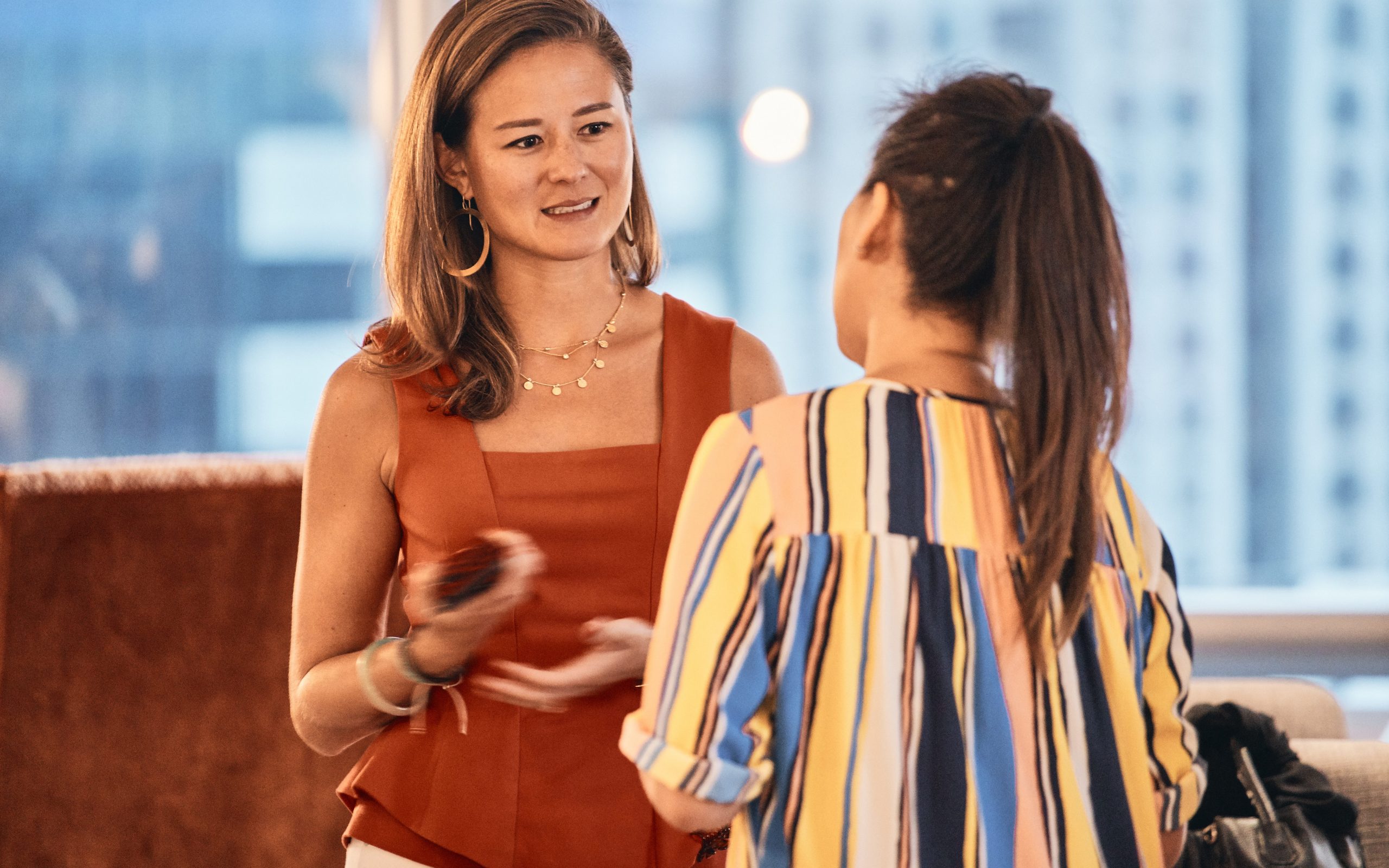
accept that you can’t please everyone
“There’s a lot of input flying at you all the time from well-intentioned people,” says Goda. “You have to decide, ‘I’m going to filter this and that out. This is what I want to do. And here’s how I’m going to do it.’ Doing this is actually an act of courage if you think about it. So I’d like for all of you to feel super comfortable and really listen deeply to yourselves.”
Adds Goda, “You can’t allow other people’s comfort to have maximum impact on your own life. You have to have a very clear, value-based understanding of yourself. One example of this in practice is, if you don’t like something and it matters to you, will it really bother you so much if other people dislike you for taking a stand? I think that’s really important in terms of branding: how you handle critics.”
build a strong track record
“What’s your track record? This is something people don’t forget,” says Ooi. “How do you show up every day? Do you deliver on your promises? Can people trust you?”
Adds Ooi, “At Amazon, for example, we’re super focused on being the most customer-obsessed company in the world. It’s in our leadership principles. It’s all about innovating on behalf of our customers. It’s a work in progress and we have to make those hard trade-offs, but we deliver on customer service wherever we can.”
Personal branding is as much about being consistent as it is about being unique and memorable. While your mission and purposes change with growth, personal branding remains the foundation for success and managing work and play.
Learn, Discover and Connect
From Fireside Chats to wine tastings, one-day retreats and bootcamp fitness sessions, The Great Room curates signature lifestyle, business and learning events for our community.
For unique events and experiences, The Great Room is the ideal space to host your guests with stunning views, conveniently located and outfitted with tech capabilities that meet the needs of any workshop, small-scale summit or large corporate get-togethers. Our venue, hospitality team and little black book of partners are available to both members and guests.
The Great Room has seven locations across Singapore, Hong Kong, and Bangkok, as well as global access to workspaces across the US, UK, Paris, Brussels, and Eindhoven. Find out more about our spaces and our events.
